Transmodern Festival 2009: Interview/Preview – Wobbly
Audio clip: Adobe Flash Player (version 9 or above) is required to play this audio clip. Download the latest version here. You also need to have JavaScript enabled in your browser.
MP3: Wobbly vs Matmos – Little Whip from KZSU’s 8th Day of Noise, improvised live
Speaking for myself, the highlight of last year’s Transmodern Festival was the reunion of Blectum from Blechdom. In a similar vein, this year I am eagerly anticipating the performance of Freddy McGuire, a duo comprised of San Fran residents Ann McGuire, and Jon Leidecker (aka Wobbly [wiki]). This takes place at the H&H building Saturday, April 4th.
The Dan Deacon Bromst release performance (which will also take place at Transmodern Festival that night) I can take or leave, but I suspect this performance will be more captivating, for the more discerning.
I caught Wobbly’s performance at the Red Room this past fall, and was immensely impressed. The first half of his set was performed solo, while the second half was a collaboration with the-now-Baltimore resident (formerly San Fran local) Martin Schmidt of Matmos. Together they made pure improvisational electronic music bliss.
I recently sent Wobbly some question via email (I try to conduct interviews in person, or on the phone when possible, but the time zone difference lent itself to email). Here are his enlightening responses:
Aural States–I don’t think I put two-and-two together until recently, but what is going on with the Industrial Workers of the World reference in your stage name? Is that even an intentional allusion?
Wobbly–The title came out of nowhere when we were a group doing livemix radio collage in Santa Barbara in the early 90′s. There had been other show titles, but I think that one stuck precisely because the associations seemed to fit. The first CD, Greetings, is largely made out of disintegrated samples of children’s records, and came with a storybook about a young man working inside a horrifically violent credit card company . ‘Wobbly’ seemed equally relevant to alienated labor & children’s stories, but we weren’t really being scholars about it. It was originally a collective band name, not a pseudonym (though it became one after I moved to San Francisco).
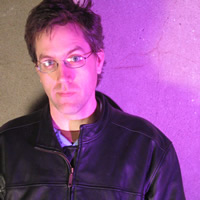 AS–When I first came across your name, it was actually before I had heard your solo work. I think I was reading something about Sagan somewhere.
AS–When I first came across your name, it was actually before I had heard your solo work. I think I was reading something about Sagan somewhere.
I just assumed that you were an electronic musician like Blevin, for example. You know, some kind of laptop rocker, with MAX/MSP patches and all. But you’re not. In fact, you use samplers primarily, correct? Is there any difference between an “electronic” musician, and a “sample artist”?
Wobbly–Not really — I need as much electricity for my gear as anyone who uses a laptop, and I certainly use computers to edit and design my sounds. But I hate bringing them onstage with me — I began as a keyboard player, and gravitate towards mixers & samplers that I can physically play in a similar way.
Audiences are used to live music made entirely out of pre-recordings by this point, but it makes a big difference when the performers are making clear gestures, movements that help you connect what you’re hearing to what you’re seeing, to be able to tell the edits on the CDR apart from the edits that are being further inflicted right in front of you. And when you have an instrument that forces a musician to move, really move, not just stare and type, that also shows up as physical energy you can hear in the music, even with your eyes closed.
AS–When I think of sampling, in the beginning, I think of the East Coast (hip hop, and all). But your “scene” seems to be all West Coast. I’d include Matmos pre-move to Baltimore (isn’t musique concrete just sampling taken to it’s logical extension?), Negativland, etc in that group.
Am I seeing patterns I shouldn’t? Or was there something particular happening in the Bay area around that time? What drove you to make music initially, and then eventually, sample-based music?
Wobbly–In Junior High I got into music through things like Devo, Kraftwerk, Jean-Michel Jarre, Eno, 70′s space music. But it wasn’t until discovering Negativland’s Over The Edge radio show in 1985 that I felt like I’d discovered a personal road in, they were audibly using the studio as a live instrument in a way that translated. Even over the radio, you could hear it — they were jamming. Phone callers to their show would patch mixers into their telephones, playing tapes & instruments as often as talking. I certainly did that, and by 1987 (late high school) I’d talked my way onto their show with a cassette deck and a keyboard — that show was like going to class for me.
Going back through many of the early 60′s pieces done at the San Francisco Tape Music Center by Terry Riley, Ramon Sender & Pauline Oliveros, it’s amazing how many of those pieces were casually sample-based, they’re essentially remixes. They didn’t have the same hang-ups about appropriation that most other institutionally aligned composers did at the time. So the roots of weird electronic music here go back decades and it does feel like a home, though there was certainly a flurry of activity here in the late 90′s / early 00′s that felt like a particularly concentrated peer group. Drew and Martin Matmos (as well as Lesser & Blevin) moving to the East Coast in late 2007 took a huge chunk out of my social circle, I miss those guys like crazy. I hope I can start playing Baltimore a lot more often just to hang out with my friends there.
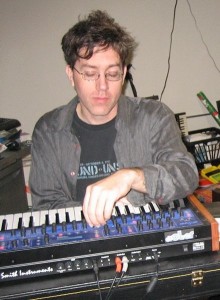 AS–I’ve got what I would call a fair amount of your recordings. A lot are radio broadcasts, and if I’m not mistaken you do broadcast in the Bay area pretty frequently? Why this seeming fixation with the radio broadcast medium, especially when fewer and fewer people are listening to AM/FM radio? Are you going to switch to sample tracks podcasts? Will there be a streaming Wobbly radio station over the Internet?
AS–I’ve got what I would call a fair amount of your recordings. A lot are radio broadcasts, and if I’m not mistaken you do broadcast in the Bay area pretty frequently? Why this seeming fixation with the radio broadcast medium, especially when fewer and fewer people are listening to AM/FM radio? Are you going to switch to sample tracks podcasts? Will there be a streaming Wobbly radio station over the Internet?
Wobbly–The medium may be anachronistic, but those radio stations all still have turntables, tape decks & cart machines all routed through a mixer. The only really amazing thing is how few live mix collage shows there are. Everything about the medium invites production over reproduction. What keeps it from happening?
AS–How do you approach the “song writing” process. I mean, do you sequence patterns out, or are you playing samples “live”?
Wobbly–I listen to a lot of music. Sometimes I hear sounds that seem either remarkable in and of themselves, or they seem malleable, like they’d take on a new life in a different context, given a chance — they sound like they’re still waiting for something. These sounds get burned to CDRs, loaded into physical samplers, sampled into keyboards. I get just familiar enough with them — enough to recognize them, but not enough so that they’re utterly predictable. Some of them I know well enough to call for them when I know the music needs something specific, other ones seem to always come up as wild cards — they come up when things need to go off the rails, or when something drastic needs to be said about the path the music’s started to take. Some of the tracks on the CDs are fully printed (or sequenced) patterns, carefully composed out in advance — structural lines, or backing tracks holding down a rhythm, things that the other voices can take off from or solo on top of. The trick is not getting too dependent on that rhythm, never knowing when you yourself are going to stop, pause, or divert the music. Imagine a DJ with control over several hundred turntables — it’s still all pre-recorded, but you’ve got options. You’re not really doing what a DJ does anymore.
This is a question that most might not find interesting, but what equipment do you use, and for what purpose? What would be the one essential piece of gear that you simply couldn’t make tracks without? Is there any equipment that creates a signature Wobbly sound? For example, what is Acid House without the TB-303?
Wobbly–It’s fun to think of the music itself as the gear. I use many different kinds of playback devices, the one piece of equipment that never changes is the mixer.
AS–Last time you were in Baltimore you performed with Martin Schmidt, and this time around in April you will preform with Anne McGuire as the duo Freddy McGuire. Not to mention your collaboration with J Lesser, and Blevin Blectum in Sagan. Also, if I’m not mistaken you do some radio broadcasts with one of the Negativland crew? Oh, and who can forget your work with People Like Us? I guess my point is you do a lot of collaborative work. Anything in particular that draws you into joint efforts in music making? Does it play in with the improvisational aspects of live sample music?
Wobbly–OK long rant trigger: Playing with other people is how I’ve learned almost everything I know that works about music. One of the dreams of the early 20th century was for the composer to be liberated from having to learn how to tell other people how to play his music, and most computer instrument design has grown out of the wish to overcome that limitation. There were many utopian modernist manifestos from composers who dreamed of machines that could translate their thoughts directly into music their audience could hear — by skipping the musician middleman, you can hear only what the composer intended.
Music isn’t always an ideal abstraction, though, often the most beautiful things about a piece spring from the compromises & distortions that grew out of process of making the translation. On the one hand there’s this idealized notion of hearing the visionary composer’s intent. On the other hand, there is the notion of music as a social act, that the unintended aspects of getting a team of people together to realize something are often just as interesting as the original idea — the idea that much of the meaning lies in the idea of music as a social act, something that only happens when people cooperate.
That early utopian dream of total control over one’s music has led us to some pretty fascist, ugly places — instead of freedom, we’ve ended up with one guy turning a stack of loops on and off, utter creative poverty, audiences being told what to do by someone who isn’t even really in control himself. There are a lot of electronic musicians out there and if they can’t improvise, if they can’t jam with their instrument, they shouldn’t be trusted.
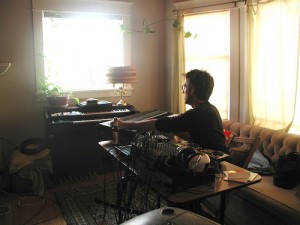 AS–Who were some people that got you into music, just plain music? Like, as a youth, for example. And who were some artists that really influenced your craft (or should I say art) as it is now? Who are some people you are really into now, old or new?
AS–Who were some people that got you into music, just plain music? Like, as a youth, for example. And who were some artists that really influenced your craft (or should I say art) as it is now? Who are some people you are really into now, old or new?
Wobbly–Electronic music’s always been where the action is for me. Playing in Sagan was an opportunity to get back to those 70′s space music records I loved so much — I didn’t play samples in Sagan, I just played cosmic keyboards and delay and channeled Vangelis. I like too many bands to have a favorite one, but I’m still partial to Faust. I still love Charles Ives more than any other composer, it’s no wonder the father of experimental music in this country had to have a day job. On my desk right now I see Roedelius (there’s usually always some Cluster), Shiina Ringo, Gerard Grisey’s Espaces Acoustiques, Gesualdo, the new Henry Cow live box, Les Voix Du Monde & ritual vocal world music from all over, and rough mixes from the next Huun-Huur-Tu record, which is going to be beyond outstanding.
Related posts
- Preview: Blip Festival 2008 (NYC)So I’m heading up to NYC this weekend for a...
- Preview: Golden West Festival aka the Golden Westival (2009.08.20-23)THE GOLDEN WEST CAFE FESTIVAL 2009 kicks off TONIGHT. 1105...
- Baltimore Synth DIY / Circuit Bending / Chiptunes Festival and 8-Bit InvasionThis press release just hit our doorstep, and we couldn’t...
- High Zero Festival Line-UpSo this just in: this is the line-up of the...
- Live Review / Preview: BSO Season Closer, Rachmaninoff Piano Concerto No. 3…And Summer Music Preview (2009.06.12)The BSO tackled the great Rach 3, Rachmaninoff’s Piano Concerto No....



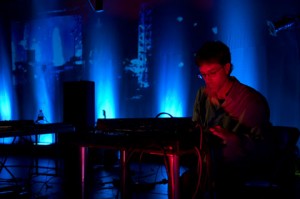


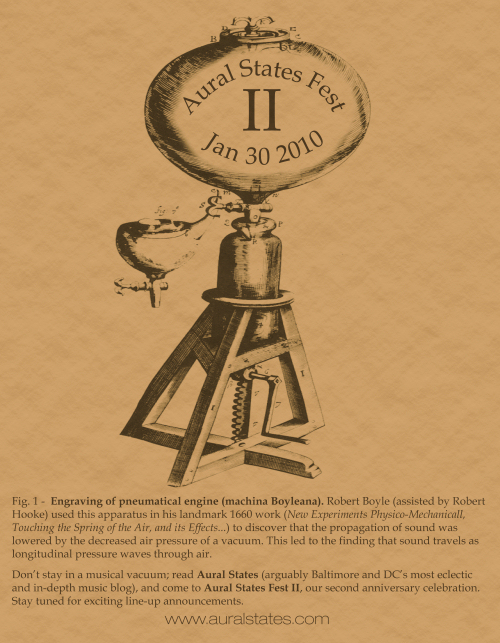
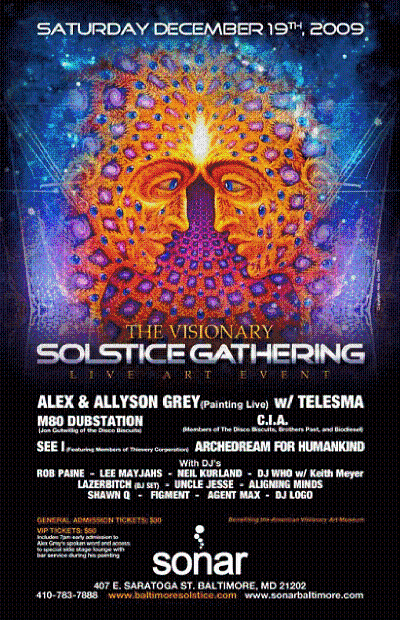









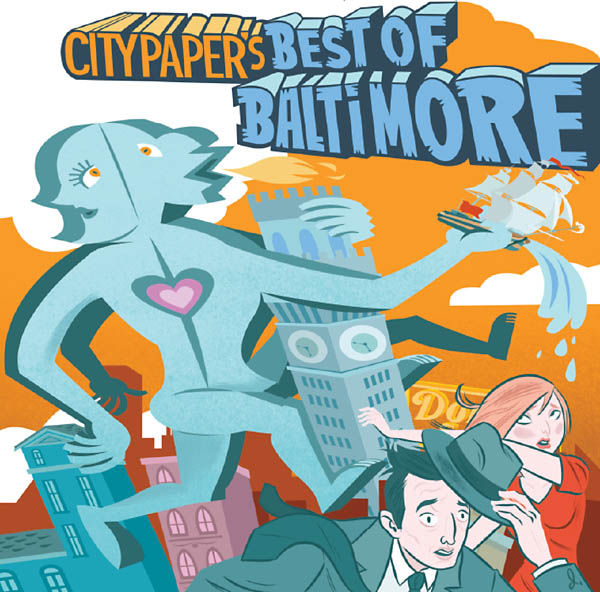
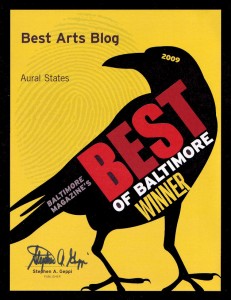


 Double Dagger: Masks EP
Double Dagger: Masks EP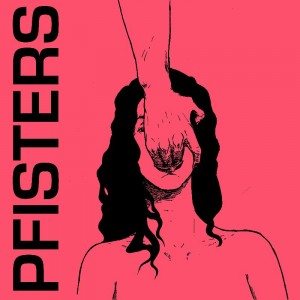 Pfisters: Narcicity
Pfisters: Narcicity Lizz King: All Songs Go To Heaven
Lizz King: All Songs Go To Heaven Imperial China: Phosphenes
Imperial China: Phosphenes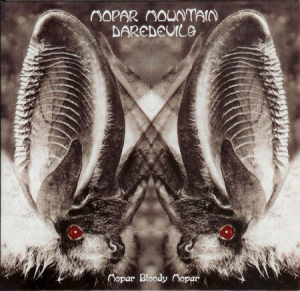 Mopar Mountain Daredevils: Mopar Bloody Mopar
Mopar Mountain Daredevils: Mopar Bloody Mopar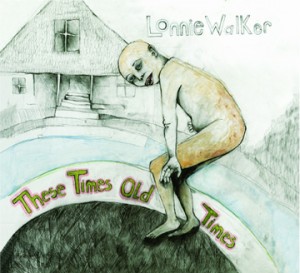 Lonnie Walker: These Times, Old Times
Lonnie Walker: These Times, Old Times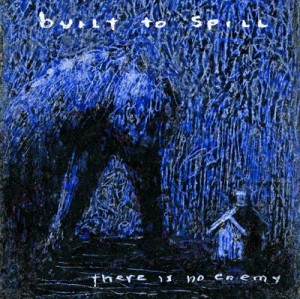 Built to Spill: There Is No Enemy
Built to Spill: There Is No Enemy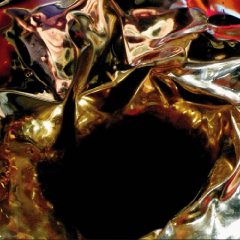 Hypnotic Brass Ensemble: Hypnotic Brass Ensemble
Hypnotic Brass Ensemble: Hypnotic Brass Ensemble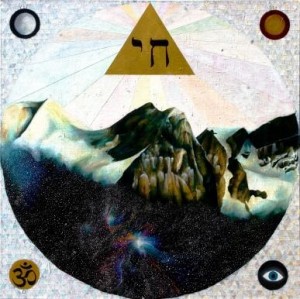 Secret Mountains: Kaddish EP
Secret Mountains: Kaddish EP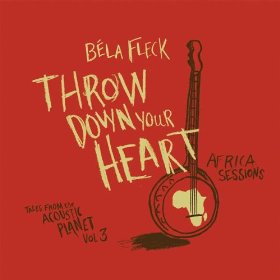 Bela Fleck: Throw Down Your Heart: Tales From the Acoustic Planet, Vol. 3 -Africa Sessions
Bela Fleck: Throw Down Your Heart: Tales From the Acoustic Planet, Vol. 3 -Africa Sessions Lands & Peoples: Lands & Peoples EP
Lands & Peoples: Lands & Peoples EP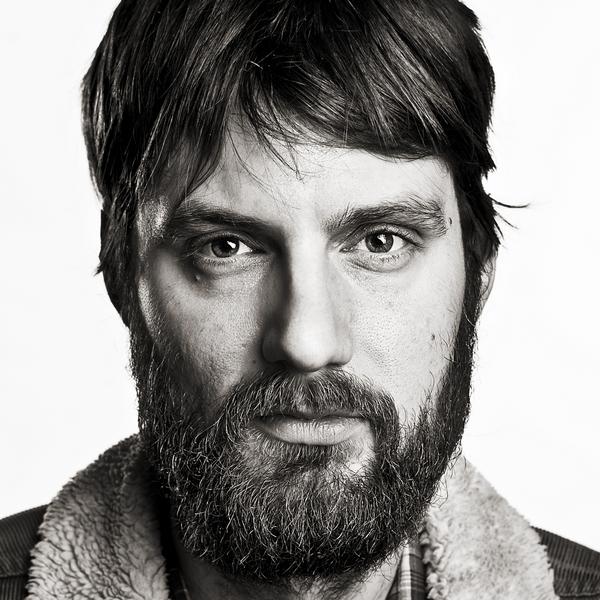 Caleb Stine: Eyes So Strong and Clean
Caleb Stine: Eyes So Strong and Clean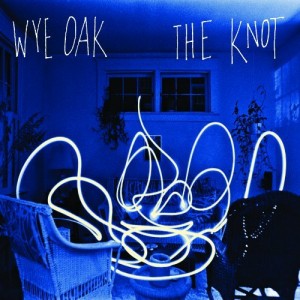 Wye Oak: The Knot
Wye Oak: The Knot Pontiak: Maker
Pontiak: Maker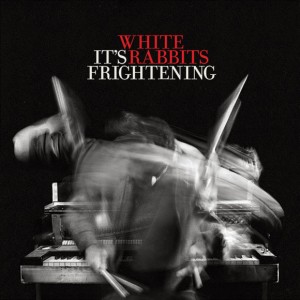 White Rabbits: It's Frightening
White Rabbits: It's Frightening Dirty Projectors: Bitte Orca
Dirty Projectors: Bitte Orca Double Dagger: More
Double Dagger: More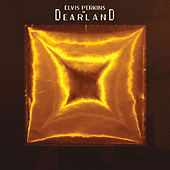 Elvis Perkins in Dearland: Elvis Perkins in Dearland
Elvis Perkins in Dearland: Elvis Perkins in Dearland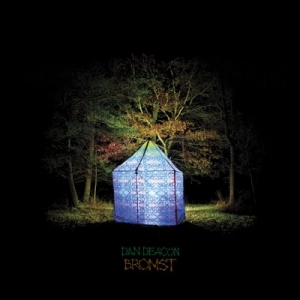 Dan Deacon: Bromst
Dan Deacon: Bromst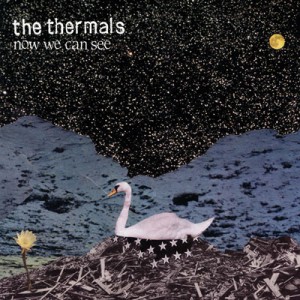 The Thermals: Now We Can See
The Thermals: Now We Can See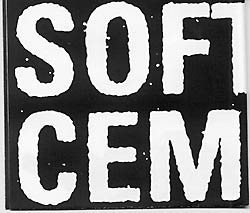 Soft Cement: Think About It EP
Soft Cement: Think About It EP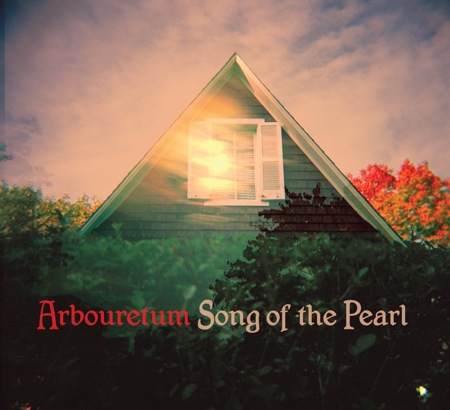 Arbouretum: Song of the Pearl
Arbouretum: Song of the Pearl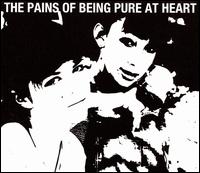 The Pains of Being Pure at Heart: The Pains of Being Pure at Heart
The Pains of Being Pure at Heart: The Pains of Being Pure at Heart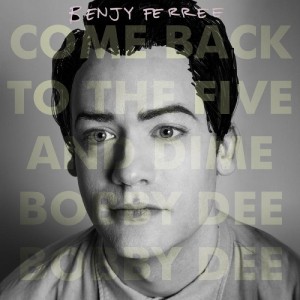 Benjy Ferree: Come Back to the Five and Dime, Bobby Dee Bobby Dee
Benjy Ferree: Come Back to the Five and Dime, Bobby Dee Bobby Dee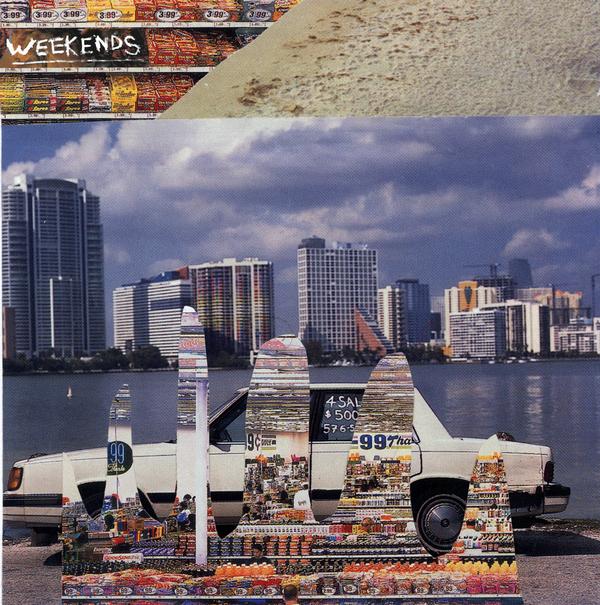 Weekends: Weekends
Weekends: Weekends Height With Friends: Baltimore Highlands 12" LP, Limited-Run Vinyl Only
Height With Friends: Baltimore Highlands 12" LP, Limited-Run Vinyl Only Caverns: Kittens! EP
Caverns: Kittens! EP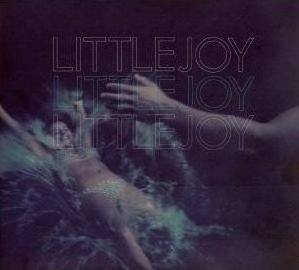 Little Joy: Little Joy
Little Joy: Little Joy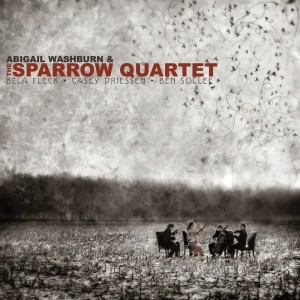 Abigail Washburn & the Sparrow Quartet:Abigail Washburn & the Sparrow Quartet
Abigail Washburn & the Sparrow Quartet:Abigail Washburn & the Sparrow Quartet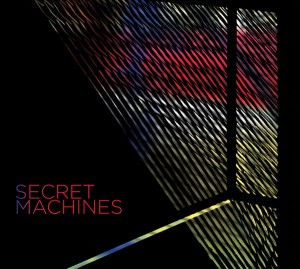 The Secret Machines: Secret Machines
The Secret Machines: Secret Machines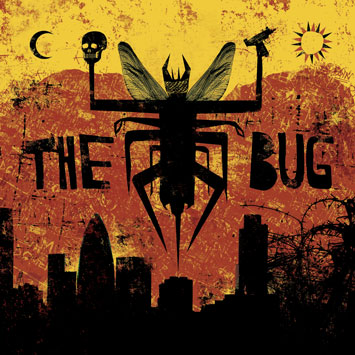 The Bug: LondonZoo
The Bug: LondonZoo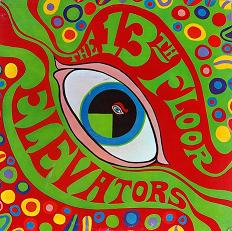 13th Floor Elevators: Psychedelic Sounds of the 13th Floor Elevators (Vinyl Mono LP only)
13th Floor Elevators: Psychedelic Sounds of the 13th Floor Elevators (Vinyl Mono LP only) Arbouretum/Pontiak: Kale (Vinyl LP only)
Arbouretum/Pontiak: Kale (Vinyl LP only) Small Sur: We Live in Houses Made of Wood
Small Sur: We Live in Houses Made of Wood AbeVigoda: Skeleton
AbeVigoda: Skeleton ImperialChina: Methods: EP
ImperialChina: Methods: EP